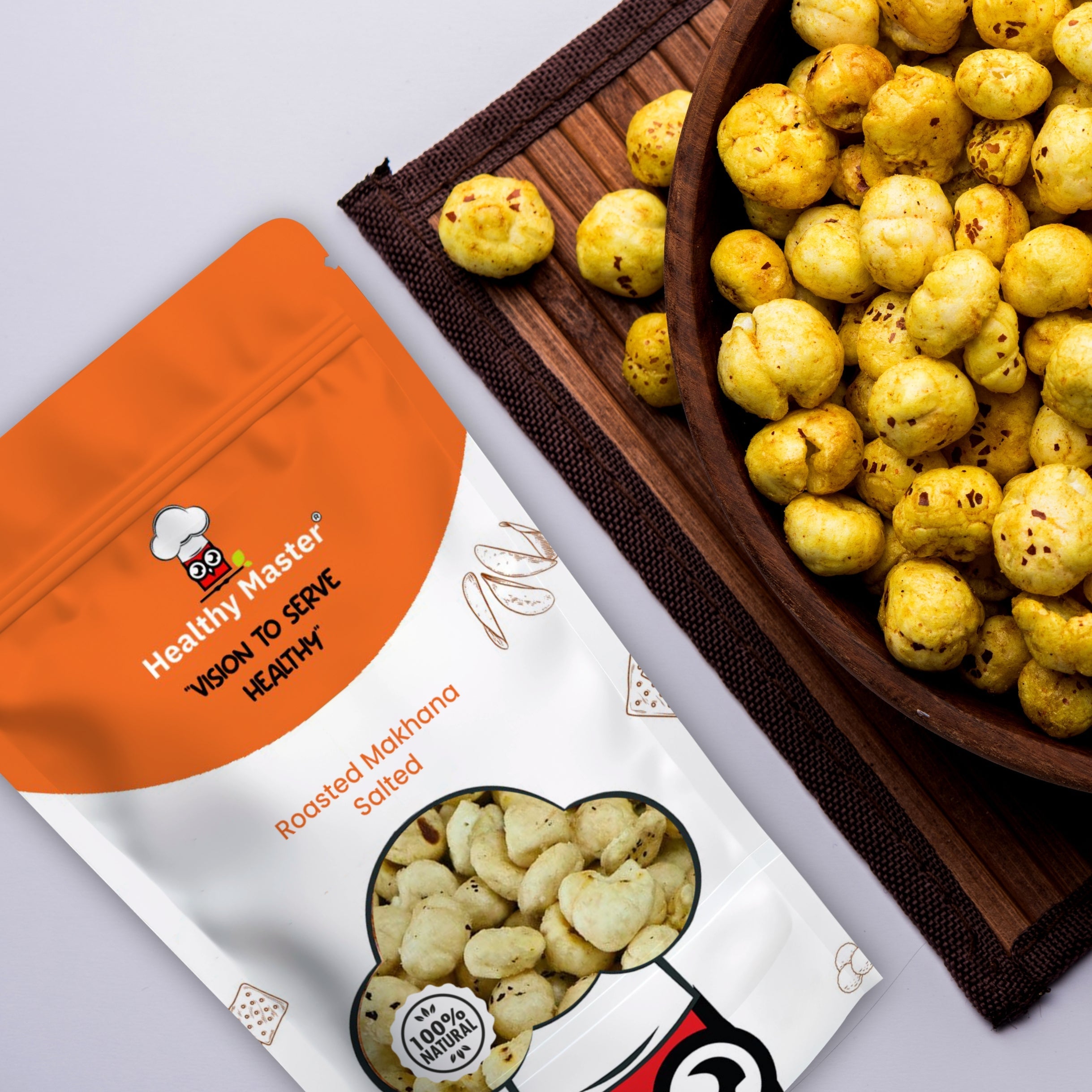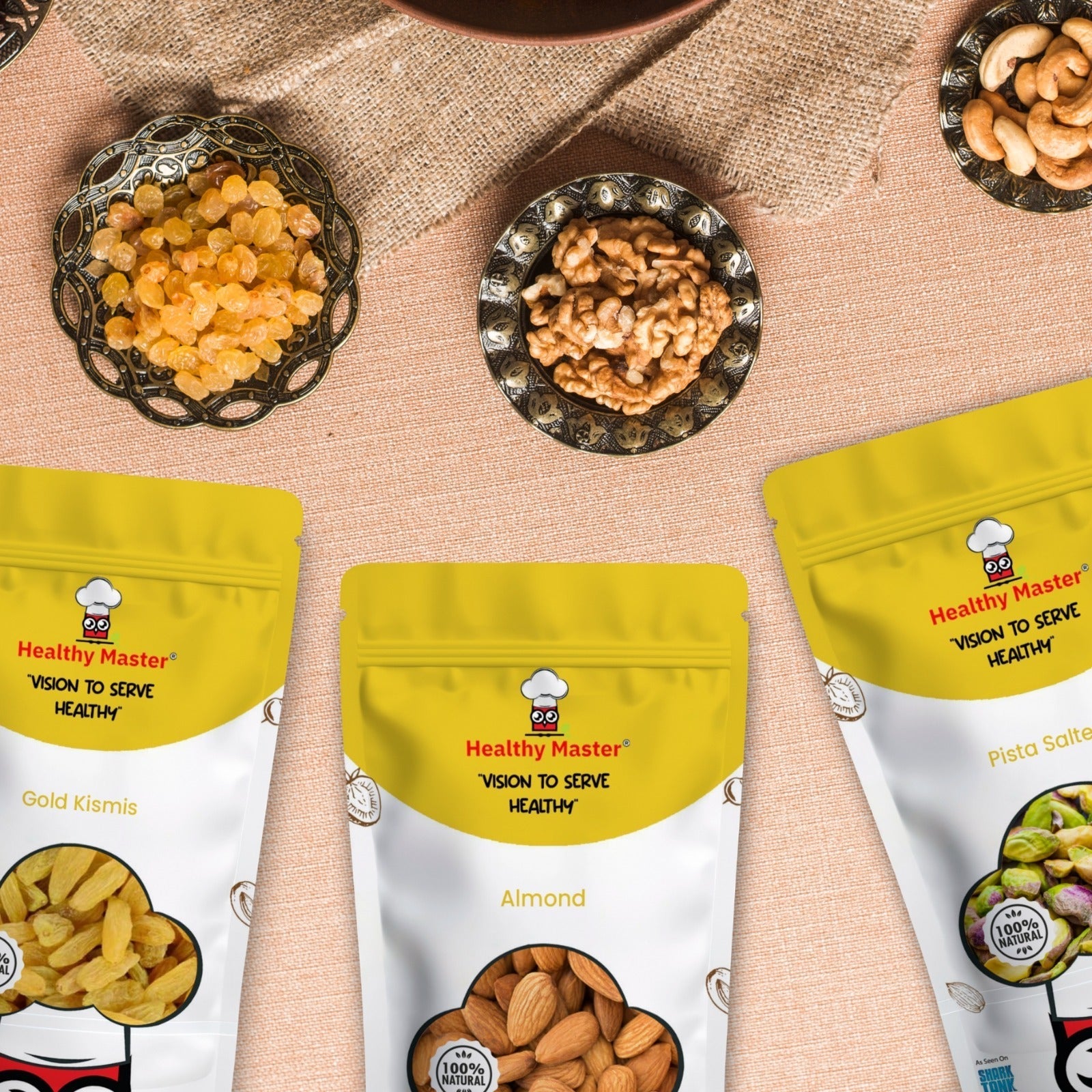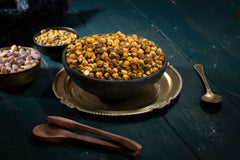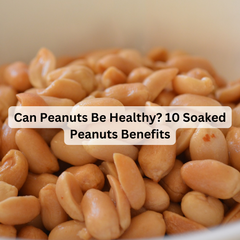The first pregnancy is always special and memorable. The excitement is beyond words. If this is your first pregnancy, we can understand that you might have a plethora of questions about what to eat and what foods to avoid. One food that you must add to your pregnancy-friendly diet is amla. Amla, which is also known as gooseberry, is safe to eat during pregnancy as it is packed with essential nutrients like vitamin B5, folic acid, and vitamin B6, antioxidants, and fibre.
In this blog, we will take you through 5 reasons why you should add amla to your pregnancy-friendly diet.
5 Health Benefits of Eating Amla During Pregnancy
Amla, or gooseberry, tastes sweet and sour. It is rich in vitamin C, antioxidants, iron, and calcium. Consuming amla during pregnancy provides great health benefits like:
-
Improves Immunity
Colds and urinary tract infections are extremely common during pregnancy. Amla's antioxidants aid in improving the immune system, and its vitamin C protects you from infection-causing microorganisms. -
Prevents Swelling
Because of the extra bodily fluid present during pregnancy, your arms and feet might begin to swell. Amla is known for its anti-inflammatory properties, so you must include it in your diet to get relief from inflammation and swelling. -
Manages Blood Pressure
Mood swings and stress are two frequent symptoms of pregnancy, that occur as a result of blood pressure fluctuations. Amla contains vitamin C, which helps to expand blood vessels in the body, thus keeping the blood pressure under control. -
Eases Bowel Movement
The hormonal changes in the body of pregnant women cause constipation and gas. The high fibre content in amla alleviates the discomfort caused by a malfunctioning intestinal tract and aids digestion. It also aids in the treatment of gastrointestinal ailments. -
Detoxifies Body
Blood purification is vital for pregnant women because blood transports oxygen to the baby. Amla is known for its detoxifying properties, which aid in blood purification and offer a steady flow of blood and oxygen to the fetus. Moreover, amla increases urine frequency, and as a result, toxins and radicals get flushed out of the body.
Also Read: Benefits of Eating Prunes in Pregnancy
3 Ways to Eat Amla in Pregnancy
Here are 3 ways to add amla in different forms to your pregnancy-friendly diet.
-
Amla Murabba
Amla murabba is created by boiling amlas in sugar syrup, and pregnant women can eat it instead of amla pickles. It also has a cardamom flavour, which helps improve digestion. -
Amla Candies
Amla is dipped in sugar or jaggery to form the candy. It is beneficial for stomach troubles and keeping the body cool during the heat. You can order premium quality sweet amla from Healthy Master. -
Amla Juice
To keep the body temperature stable, pregnant women should drink amla juice mixed with honey, pepper, salt, and water. It aids in the removal of toxins from the body.
What are the Side Effects of Amla during Pregnancy?
When you eat amla in moderation during your pregnancy, you enjoy the above-mentioned health benefits. However, the overconsumption of amla might result in constipation, diarrhoea, indigestion, and dehydration. As a result, you should consume it in moderation.
Furthermore, you should also avoid it in the following situations:
- If you have a cold or cough because amla has a cooling impact on the body.
2. If you have diarrhoea, you should not eat amla because it has moderate laxative characteristics.
Also Read: Is it Safe to Have Kesar During Pregnancy?
Conclusion
Amla is a very nutritious fruit as it is packed with vital nutrients that are important for the health of the mother-to-be and the growth of the fetus. You should eat only 1 or 2 amlas a day because overconsumption of amla can lead to constipation and indigestion. Amla is a good fruit to eat during pregnancy, but you must consult your gynecologist before adding it to your diet. End your search for pregnancy-friendly snacks and dry fruits on Healthy Master.
 Deal of the week : Trial Snack Box - 18 Wholesome Delights Just at ₹ 899.00
Deal of the week : Trial Snack Box - 18 Wholesome Delights Just at ₹ 899.00






















